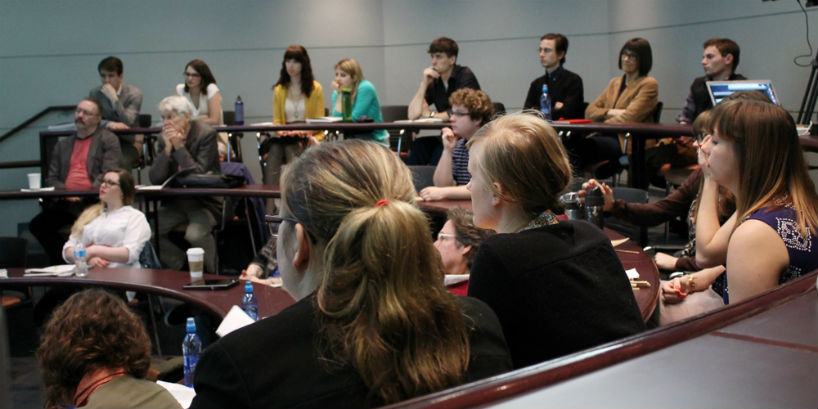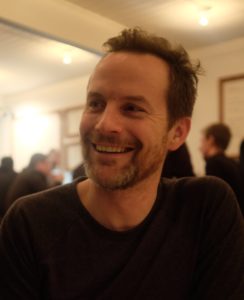Quartier Artisan: supporting entrepreneurial artisans
Launched a few days ago in Lac-Mégantic, Quartier Artisan is an accelerator whose goal is to support artisans across the province. Quartier Artisan is an initiative that aims to contribute to...
How did Radius get started?
In 2013, a number of activities related to social innovation and impact-focused entrepreneurship were bubbling up within the business school at SFU. Two adjunct faculty members came together to create what became Radius. Its purpose was to harness people coming out of the university who were interested in making the world a better place. Over 100 entrepreneurs have come through our programs, mostly in our offices in Vancouver, but also over 35 through our office in Ecuador.

Radius Simon Fraser University’s social entrepreneurship hub has a specific interest in healthcare and First Peoples entrepreneurship.
How do you achieve your mission, in more concrete terms?
That largely depends on the program, but we mostly concentrate on “communities of practice.” The programs within SFU are for-credit programs, mostly at the ideation stage. We work with them to help them grapple with understanding problems and get market testing for their solutions.
The four-month-long Fellows program offers weekly intensive sessions on a wide range of various topics, and whether you’re an entrepreneur or another form of innovator, we build from the capacity of the entrepreneurial leaders within the company. We nest those entrepreneurs with a cohort-based community of practice to really break down the walls of isolation of people who are yet to launch.
Lire aussi : CSI, changing the world through social innovation

Donovan Woollard
What kinds of projects are you working on right now?
Within Radius Ventures — a program that incubates and accelerates top emerging social ventures to scale impact, grow revenue and build the foundations for sustained success — we’ve just announced a two-year focus on health promotion; ventures that specifically help people to live healthier lives. For the next two years, our Slingshot Accelerator , a one-year program that supports early-stage impact ventures, and Trampoline , a business validation program, will specifically focus on prevention and early detection of lifestyle-based chronic disease. Harnessing a group of entrepreneurs who are actively working on this problem space from a different solution perspective really allows for a rich dialogue within the program.
You also work on First Peoples entrepreneurship. How does that work?
We have a 10-year commitment from the RBC Foundation to support entrepreneurs from a First Peoples background. Our closest relationship is with Sto:lo Nation in the Fraser Valley. They have 22 communities, quite close to Vancouver as a market and a transit point for goods and services. They’re young, and see entrepreneurship as a business practice that has a future, but is also very closely tied to their past. So our work with them is cohort-based, supporting pre-entrepreneurs to early growth-stage companies. We’ll be officially launching our first program with them in the fall.
We ran an eight-week program with Reconciliation Canada in Alert Bay, just off the far-east coast of Vancouver Island. We worked mostly with existing businesses, some but not all of which were First Peoples, focusing on building out the sharing economy. In one instance, we worked with a husband-and-wife fishing family, who are continuing to work with the band on a processing facility and distribution strategy. Eight weeks is short, but you can get a lot started, and a lot accomplished.
Envoyée tous les jeudis.
Suivez l’actualité de l’économie positive et engagée.
Trouvez l'emploi idéal.
Nos prochaines activités.